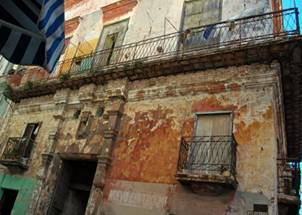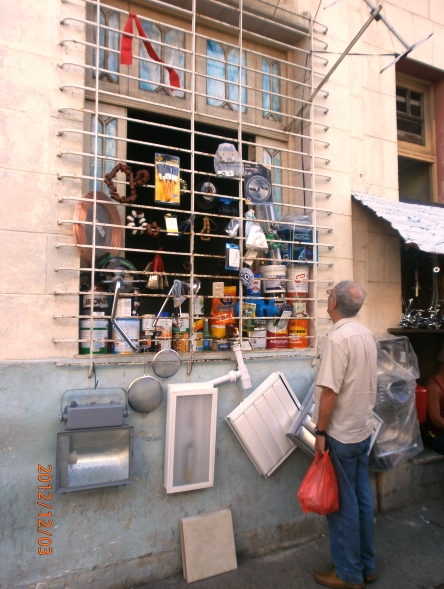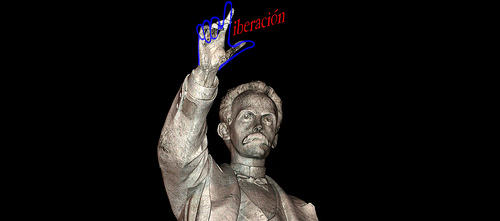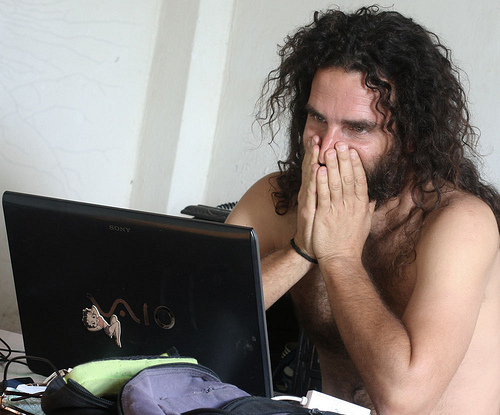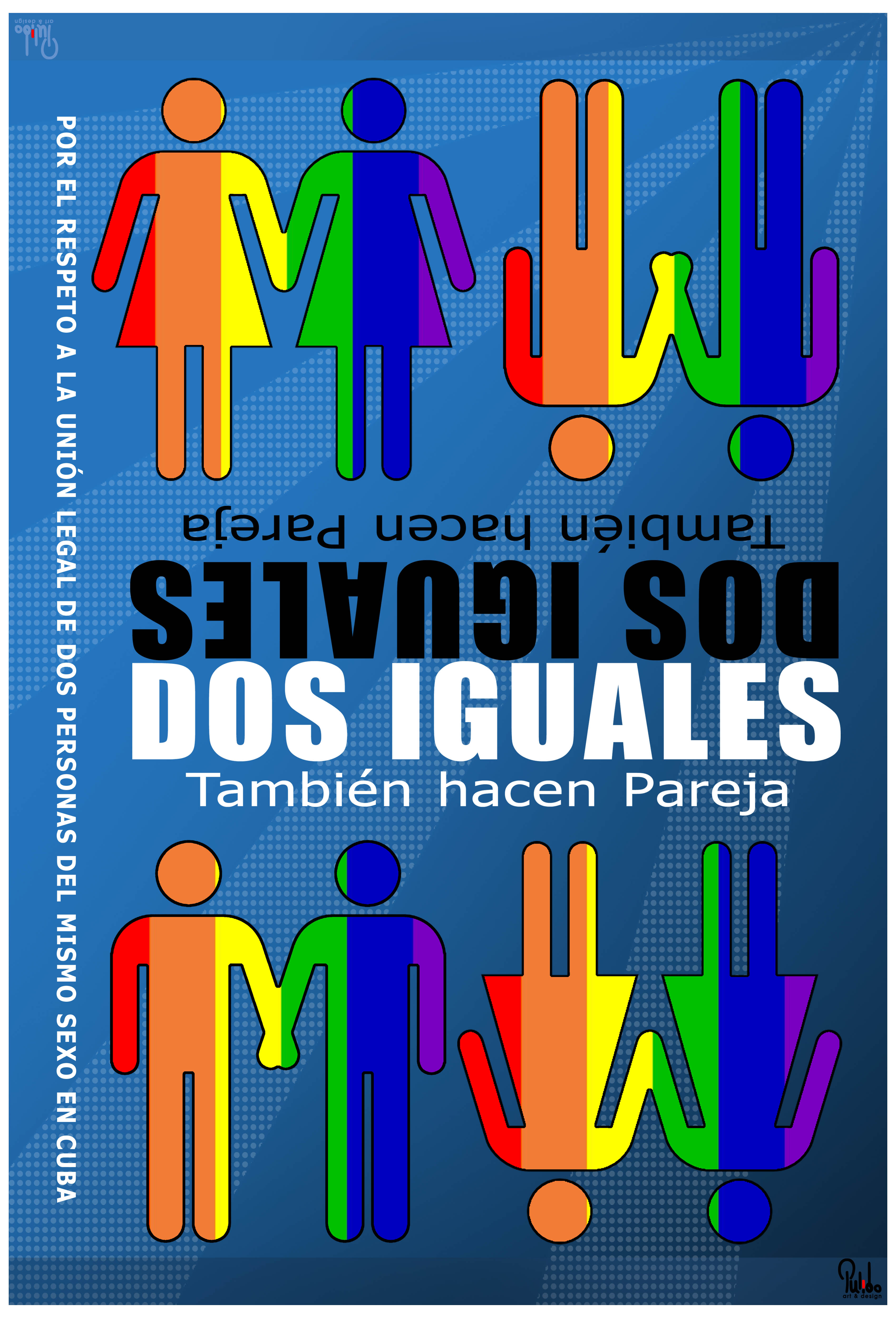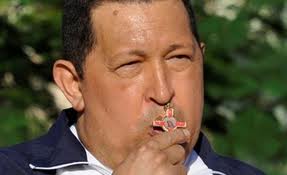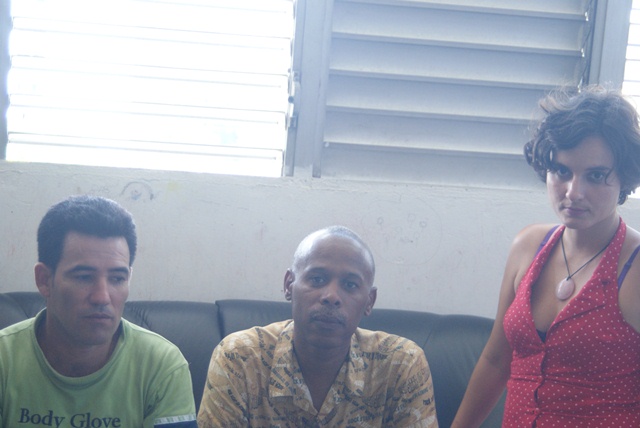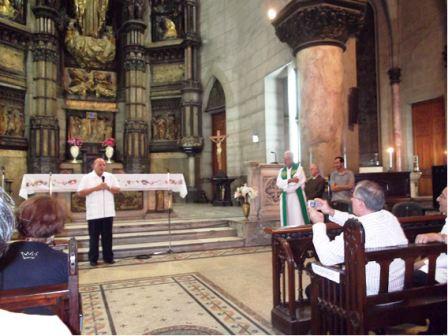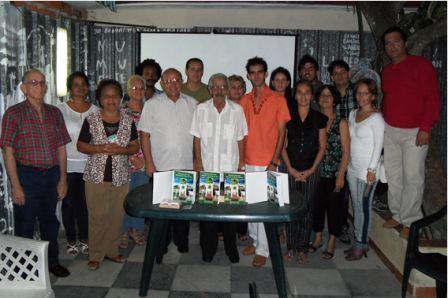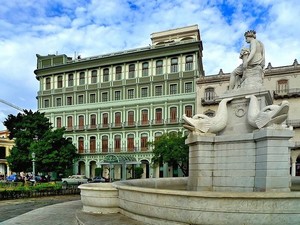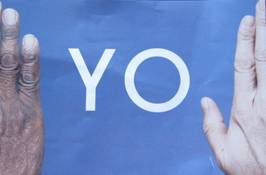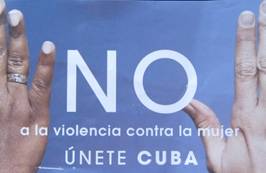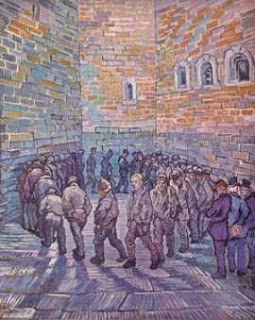
When we got to the police station Aguilera, led me to the dungeons. The guards held me by the arms, I was almost dragged. I had no energy, the pains ran all over my body, but mostly because of blows in the ribs I did not get enough air and it was like a knife stabbing me again and again. I did not want to scream in pain so as not to give them the pleasure of seeing me suffer, but I certainly felt like doing it.
They took me down to the basement of the building. The stench warned the proximity of the dungeons. Several doors of bars were opened. I had my eyes closed because my clouded vision bothered me. They left me in a cell on a concrete bed. I spent several hours struggling not to stop breathing, every time I took a breath it was like a knife cutting into my ribs. Then, slowly, I began to get relief.
A guard asked me if I wanted lunch. I told him no. Is this a hunger strike? I told him yes. He walked away and I heard him inform his superior, meanwhile what he said gave me to understand that he didn’t care. He said what he had done. Which was not true, because when I communicated my decision not to eat, he looked at me worried, very worried.
Soon the photographer Claudio Fuentes, who had arrested with me, walked past my cell. They brought him lunch.He greeted me with his eyes and I saw the surprise of seeing my state of calamity with my shirt torn and bloodied. I asked about Yoani Sánchez, he told me that he didn’t know what happened to her. I asked about the lawyer Laritza and he told me she had been released the night before and had been in the same cell as I was now. At least I had a few seconds of joy. What about Antonio Rodiles? Nothing, no one else knew, he said, and the guard yelled at him to hurry up and not to talk with me.
That night, after I refused to eat, they decided to change my cell. They put me in with Claudio. We took tremendous joy in being able to talk. On the wall, in huge letters, someone had written: Down with Fidel. Long Live Human Rights. We barely slept. We passed the time talking about movies, photography, girlfriends, literature, history, and the dreams of justice we both long for, for Cuba.
The recurring question we kept returning to was whether Yoani had been released, or if she remained imprisoned. I remembered all the time, during the altercation with the police, that my greatest worry was that they would beat her so I tried to stay close to her to avoid their doing that at all costs. Luckily this time that didn’t happen.
The circus of finding me guilty begins
The following morning they came to get me up and “formally” accuse me. They charged me with two things: “resisting arrest,” and “Injuries.” I explained the events as they happened and said it was a shameless and blatant attempt to try to accuse me of something I didn’t do, rather the accused should be the entire troop of abusers who presented themselves as “Counterintelligence Agents,” a perfect name for those repressors and paid assassins, as Yoani shouted at them.
The “Instructor” (a combination of investigator and prosecutor) barely spoke, he was only following orders. He did his job as best he could, because I did not agree to cooperate with the injustice. I reminded them that they were the first to violate the law, that I had not been allowed my phone call as established by their own laws. He was quiet, he did not know what to say. He said he would consult with superiors and then tell me. Of course, I never saw him again, much less received permission to make the phone call.
On returning to the dungeon I told Claudio what happened, and we laughed so as not to cry from anger at the government cynicism and its injustices. A while later an officer came to tell me that my family was at the station and they had brought me toiletries. He asked if I wanted to send a verbal message. I told him to let them know that I was happy and I was where my heart led me. The officer looked at me like I was insane. I thought he wouldn’t pass on the message. Later I learned that he did tell them, and then my family was able to confirm that I was there. I took advantage of the opportunity to send them my shirt torn and stained with my blood. I thought that maybe the guards would take it out of the bag and not give it to my family.
At moments, Claudio and I reminded the jailers that we had the right to a phone call, and they responded that they were only allowed to give us food and watch us, but they was no authority over other aspects, that this was the power of the “State Security”.
Meanwhile, we saw how they authorized ordinary prisoners to make phone calls as many times as they wanted. As I had been able to hang on to my phone card, it occurred to me to negotiate with those offenders who, if they made a call for me, I would let them use the card, and they agreed. But when I asked them to pass on my request to take picture of the bloody shirt and put it on the internet, they were nervous. Then I talked with one who had a deposit of 500 pesos, and his family didn’t have the money. I told him to make the call and that my family would pass on that amount. He finally agreed.
After lunch they released Claudio. While gathering his belongings, including his camera, he tried to take a movie peering into the dungeon where I reached out with the index finger and thumb held out in the L-shaped, as a symbol of Liberty, but the jailer realized what he was trying to do and was furious.
The Claudio left and I felt the full weight of my loneliness bearing down on me. Some common prisoners called to me from their cell. One of them, I knew from childhood, told me that if I would accept it he would pass me hidden food. I said now, that this trick would hurt me, because it undermined my decision to remain on strike. In any event he didn’t understand. Nor will I ever know if he was sent by my captors. Soon they brought in a detainee for beating his wife. We just talked, I suspected he might be an envoy of the “State Security”.
I called the jailer to let me wash up, but he said that the prisoners who weren’t eating weren’t allowed anything. After a while they took my clothes and sheets. That night I had to cover my cold shoulders with my shorts. Then they brought in three black men, very burly. It was obvious they were in the service of the “State Security”. They told their false stories. And I played the game, but took the opportunity to say everything I wanted to scream at my captors.
The only thing they responded was that if I were out of the country, that “God gives a beard to he who has no jaw”; they were mocking me because I could be abroad, I had traveled to the United States, Europe, America, and look where it got me, that was the crazy thing. I told them again and offended them with my sentiments. Meanwhile, they went quiet and I sensed it pained them not to be able to shut me up with punches.
In the morning an “agent” of the “State Security” came. I yelled, from my cell, I did not want to talk to anyone, the only thing they could do was go back to hitting, but they wouldn’t get any conversation out of me. The officer entered the cell after taking the other inmates out. I thought they would beat me.
December 8 2012
